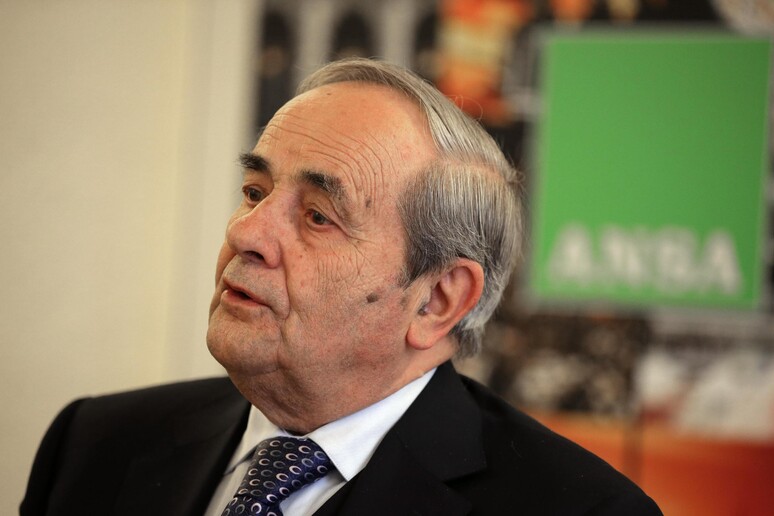The city of Matera, famous for
its UNESCO World Heritage Site "Sassi" cave dwellings, is
already looking towards 2019 when it will be spotlighted as the
European Commission's European Capital of Culture in Italy.
Mayor Raffaello De Ruggieri told ANSA that the title gives
the city a "not-to-be-missed development opportunity" that will
make the city of the Sassi both "appealing, but also attractive
for investments".
Plans for the year include cultural production, tourism,
specialised economy areas, technology, roads, and even a small
underground that will cross the city by 2018.
De Ruggieri, a lawyer as well as founder and president of
Matera's Zetema cultural heritage foundation since 1998, became
mayor in June 2015.
And if on the one hand he loosens his reservations by
announcing that he intends to remain president of Zetema, on the
other hand he doesn't hide his criticism of the administration
that preceded him.
"Culture is above all production. Playful partying
interests me little. I'm interested in the brand and the power
of the contract," he said.
The lawyer who has for decades pioneered battles to save
the city of the Sassi said 2019 mustn't end in a "series of
interesting demonstrations" but must be an opportunity also to
"change the rhythm of the city in terms of its economic
profile".
De Ruggiero said this concept must absolutely be
integrated, for example by taking advantage of the possibilities
for filmmaking in the city and offering production companies a
sort of Matera version of Cinecittà, with areas set up for pre-
and post-production.
He also said the contractual power of the city could be
used to "have special economic areas with tax advantages",
high-tech work for the area's young people, as well as cultural
production districts with "Culture Workshops", that he explained
are places where young creatives who want to produce culture
could come together and get help from international
personalities.
The party in Matera is actually coming as soon as New Years
2016, when the cameras of state broadcaster RAI 1 will be in the
squares of Matera to ring in the New Year, following four
consecutive years in the northern town of Courmayeur at the foot
of Mont Blanc.
The agreement between RAI and the Region of Basilicata has
already been signed, and De Ruggiero said, "it seems there's
also the possibility of a four-year contract through 2019. For
us, that will be an incredible advertisement".
Tourism is clearly one of the things to focus on, but
Matera's mayor said it's not the only thing, and that the entire
area of the Basilicata should be involved, focusing on quality
cultural itineraries.
On the problem of accessibility to the unique town, perched
on a steep gorge carved out by the Gravina River, De Ruggiero
said the city is looking at options such as a roadway link that
would connect the A14 motorway that runs from Bologna in the
north to Taranto in the south with the nearby town of
Ferrandina.
Matera isn't the only city to discover, however.
There's also the Bradanica Cultural Road, which explores
the areas from Pitagora to Mantegna, and De Ruggiero said the
idea is to create a type of "Basilicata Pavilion".
In short, there's much work to be done, especially
considering that this town of 62,000 residents must gear up to
host the estimated one million visitors expected to arrive.
And so, Matera has also presented a series of financial
amendments and requested to be left out of the government's
internal stability pact.
"We have to be able to hire on temporary contracts. For
example there's the need for more city cops and more waste
management workers".
Among the goals is also that of convincing the government
to refinance - with 20 million euros over three years - the 1986
law that established recovery and restoration of the ancient
Sassi dwellings.
De Ruggiero reiterated that 2019 is a not-to-miss occasion
for Matera, and said he remains optimistic.
"I believe the government is starting to see in Matera's
designation as European Capital of Culture for 2019 a unique and
strategic time to assert the dignity and credibility of Italy in
the world".
ALL RIGHTS RESERVED © Copyright ANSA











